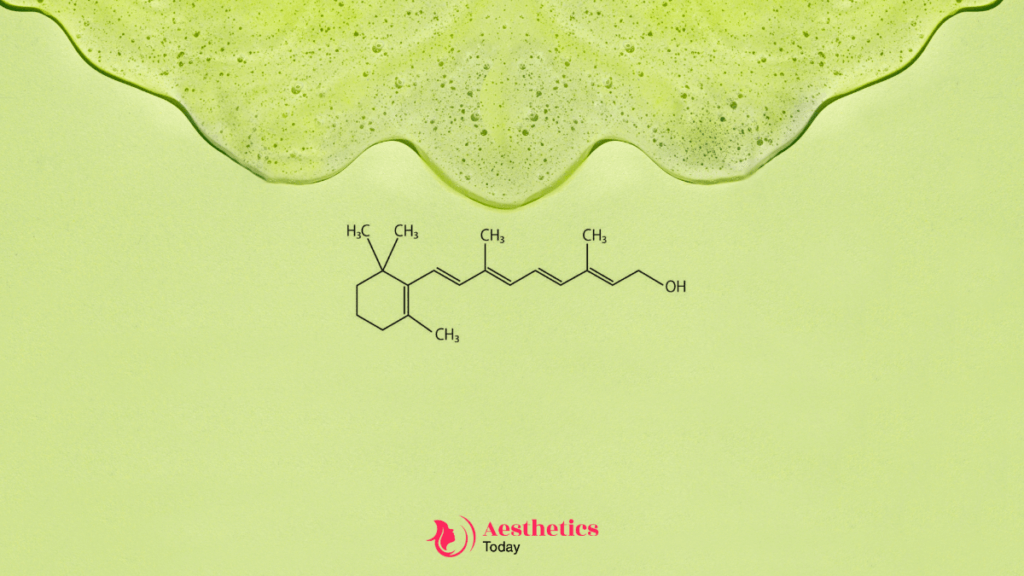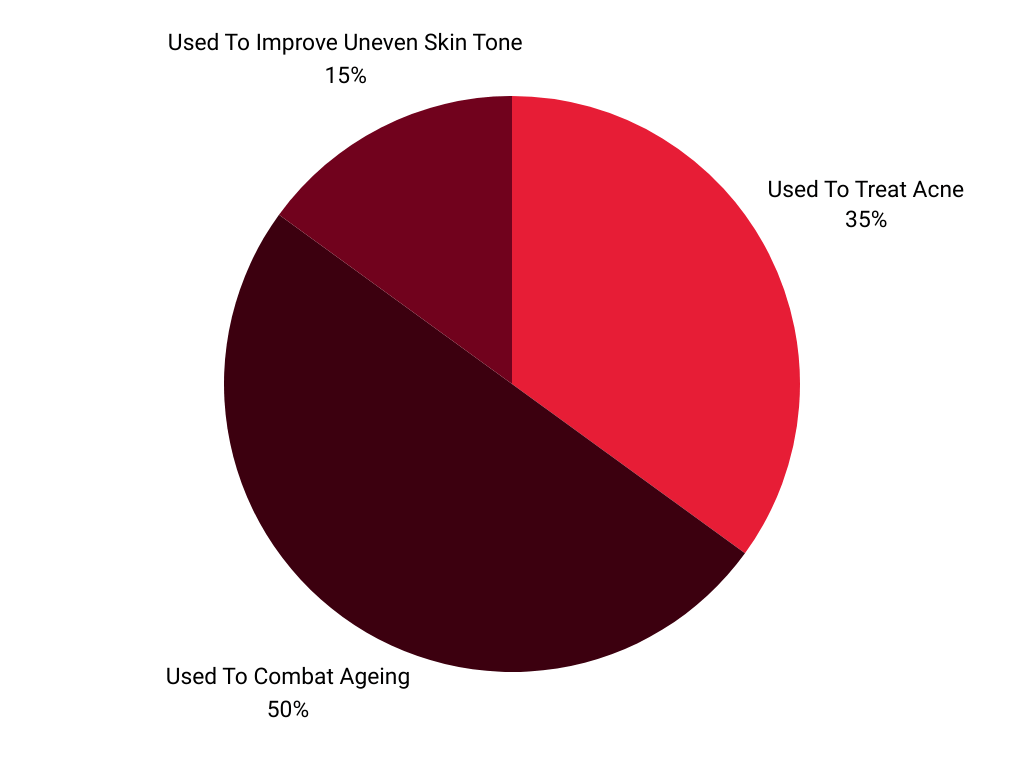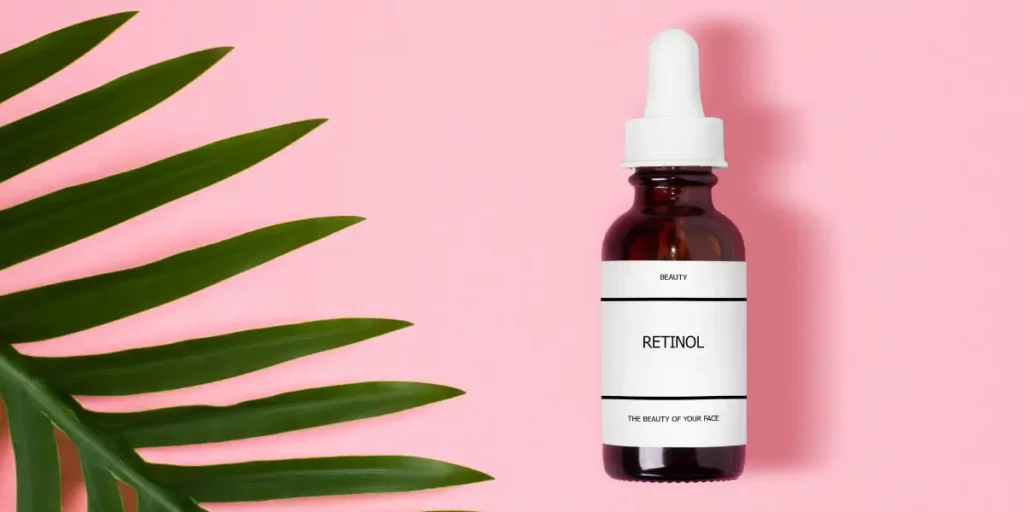Retinol may sound like a name from the Victorian Era. However, this game-changing substance has emerged as a cornerstone ingredient in skincare routines worldwide.
From over-the-counter to prescription-strength, retinol is available in both topical and oral medication forms like tablets, creams, lotions, gels, ointments, and serums to help treat acne, fine lines and wrinkles, sun damage, and/or reduce the appearance of pigmentation for an improved complexion and radiant glow!
But what is retinol? Is it that new? Is it safe? And is it worth the hype? Let’s chat about it.
Retinol Explained
Retinol is a derivative of vitamin A. But unlike chemical peels and other skincare treatments and products that tend to remove dead skin cells, retinol goes on a mission deep beneath your skin’s surface. It travels from the outer layer of your skin (known as the epidermis) to the middle layer of your skin (known as the dermis) to neutralise free radicals.
I know what you are thinking: what on earth does that mean? Simply put, retinol interacts with AND then neutralises the bad guys (free radicals) to help prevent them from causing additional cellular damage.
That is not all retinol does. Oh no, this skincare superhero also boosts the production of elastin and collagen and increases skin cell production to give you a youthful and fresh appearance.

Let’s Master The Terminology
Retinol Vs. Retinoid: Retinol is just a type of retinoid. They are the same, with the main difference being their strength. Retinol is more prevalent in over-the-counter skincare products, whereas retinoid (which is made at a higher concentration) is more prevalent in prescription skincare products.
Tretinoin Vs. Retinol: Tretinoin is a retinoid and is available by prescription only to treat acne and fine lines.
Retinol Vs Retinoid Vs Tretinoin Vs. Vitamin A: Retinol is a less concentrated retinoid, whereas tretinoin is a retinoid, and all 3 are derivatives of vitamin A.
The Benefits Of Retinol
Anti-Ageing
Retinol helps fight the signs of ageing thanks to its incredible ability to stimulate collagen production, providing a plumping effect to help combat fine lines, frown lines, and wrinkles.
Acne Treatment And Prevention
Retinol is a great substance to help clear your skin, regulate sebum production, and prevent acne breakouts. It also helps prevent the formation of new spots and acne blemishes from occurring.
A More Luminous And Even Skin Tone
You would not believe it, but believe it! Retinol promotes skin cell turnover, resulting in an exfoliating effect. This means dull skin turns into new, even-toned and radiant skin. If you struggle with dark spots (like hyperpigmentation), retinol can help lighten them too.
Psoriasis
Topical retinol helps reduce inflammation, which may help with Psoriasis. However, please note that retinol can also further irritate your skin, so be sure to discuss with your dermatologist whether retinol is the best treatment for your condition BEFORE running to the till to purchase.
Is Retinol A New Thing?
The use of retinol is not new at all. Hold onto your hats because the first study using retinoids to treat acne was published in 1943! That was over 81 years ago.
Tretinoin was first used topically for skin conditions in the 1950s, and retinol’s use in anti-ageing treatments was pioneered in the 1980s.
But what about today?
According to the latest statistics, retinol is predominantly used to combat ageing, followed by treating acne, with its third most popular use being to help improve the appearance of uneven skin tone.

Different Types Of Retinol On The Market
Needless to say, retinol has come a long way since 1943, with various topical retinol/retinoids currently available. These include:
- Alitretinoin (Panretin)
- Adapalene (Differin and Epiduo)
- Bexarotene (Targretin)
- Tazarotene (Tazorac and Avage)
- Tretinoin (Atralin, Avita, Refissa, Renova, Retin-A, and Tretin-X).
Retinol Instructions And Warning
While retinol offers a plethora of benefits, its potent nature requires careful consideration and a gradual approach when integrating it into your skincare routine.
First-time retinol users have reported experiencing skin irritation, redness, dryness, peeling, itchiness and scaly patches. Bear in mind, that if you suffer from allergies or sensitive skin, retinol may not be your best friend either.
It is also important to remember, that when using retinol, you have to take it easy when outdoors as retinol makes your skin more susceptible to sunburn. Ensure you wear protective clothing, a hat, and SPF 30+ when heading outside.
Retinol is most definitely not ideal for pregnant or breastfeeding moms either. When retinol is taken orally during pregnancy, it can cause severe congenital birth defects.
So please, before venturing down retinol avenue, we urge you to thoroughly discuss it with your doctor/dermatologist and then follow their recommendations to a T.
What We Have Learned
We have learned that retinol is a form of vitamin A and is a powerful substance that can help rejuvenate and renew your skin.
And even though retinol has been around for a while, it still promises transformative results for generations to come, and that is very exciting.
Are you an avid retinol user? Let us know your thoughts and how retinol has impacted your skin and life in the comment section below.


